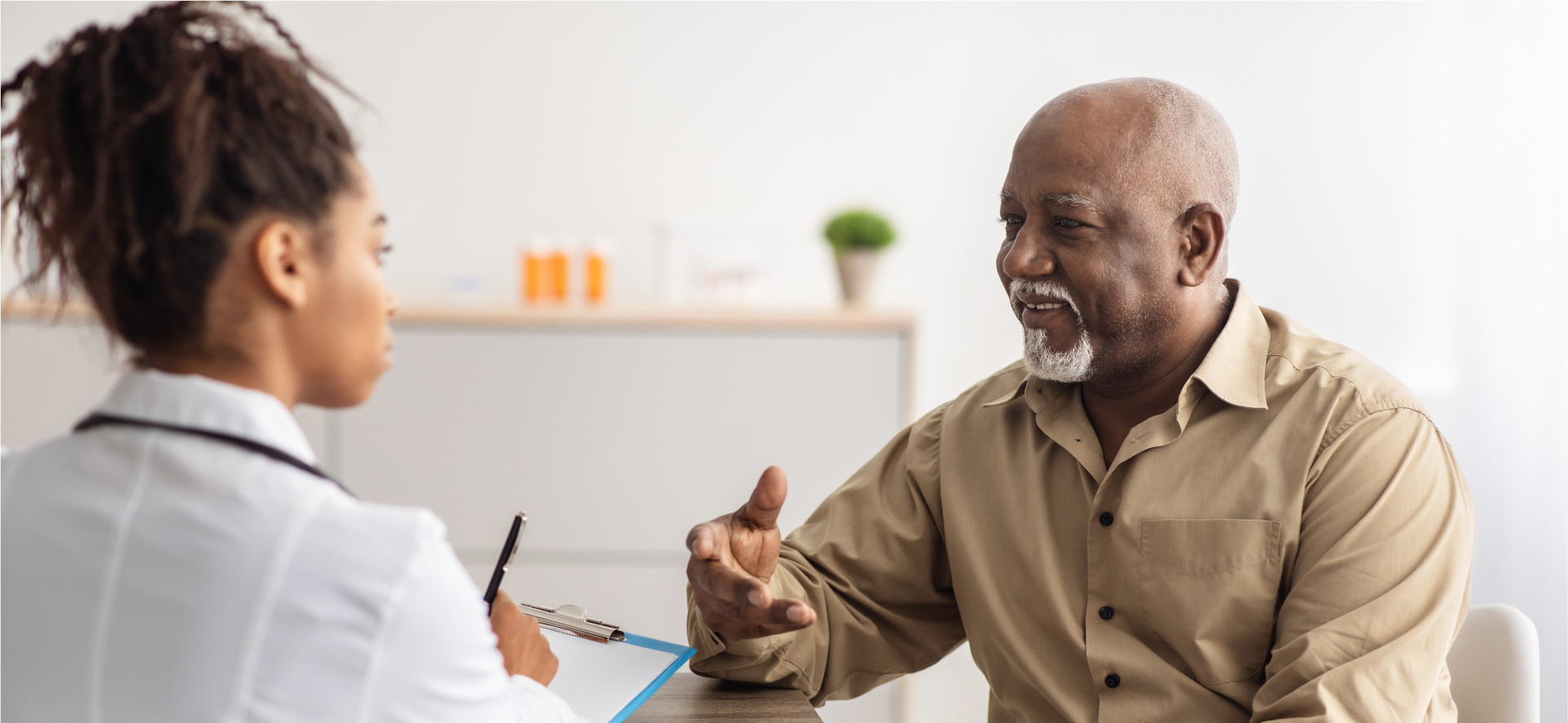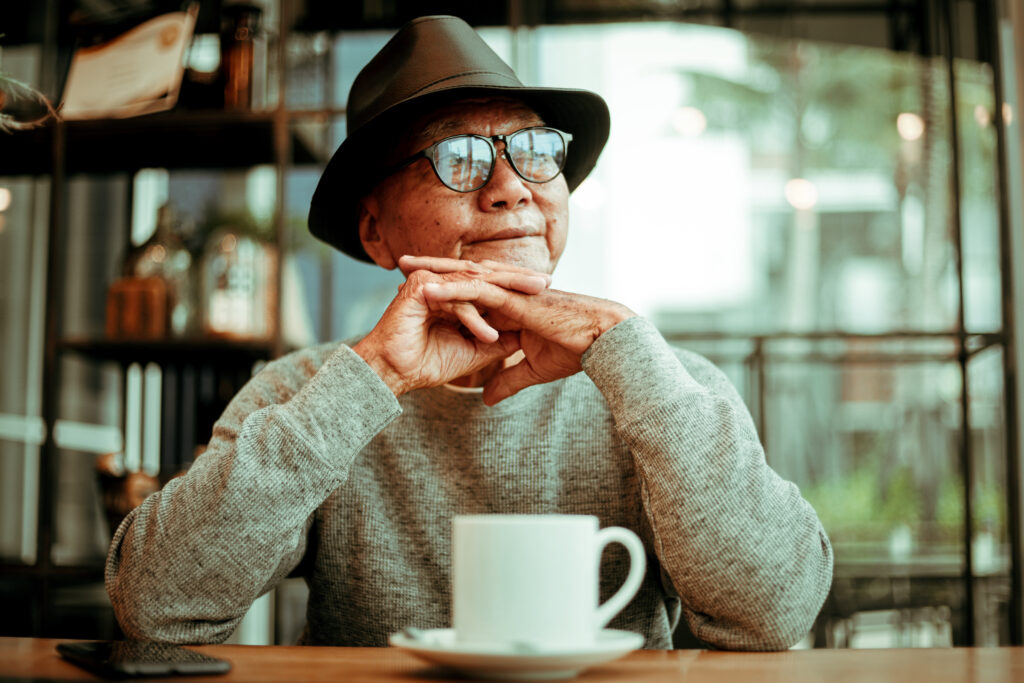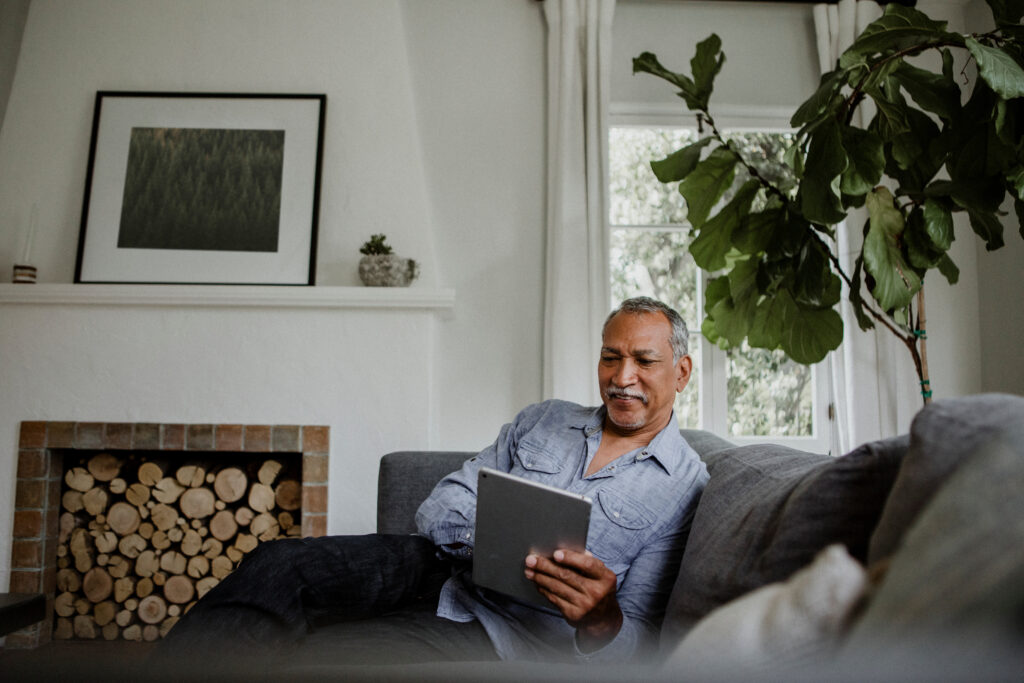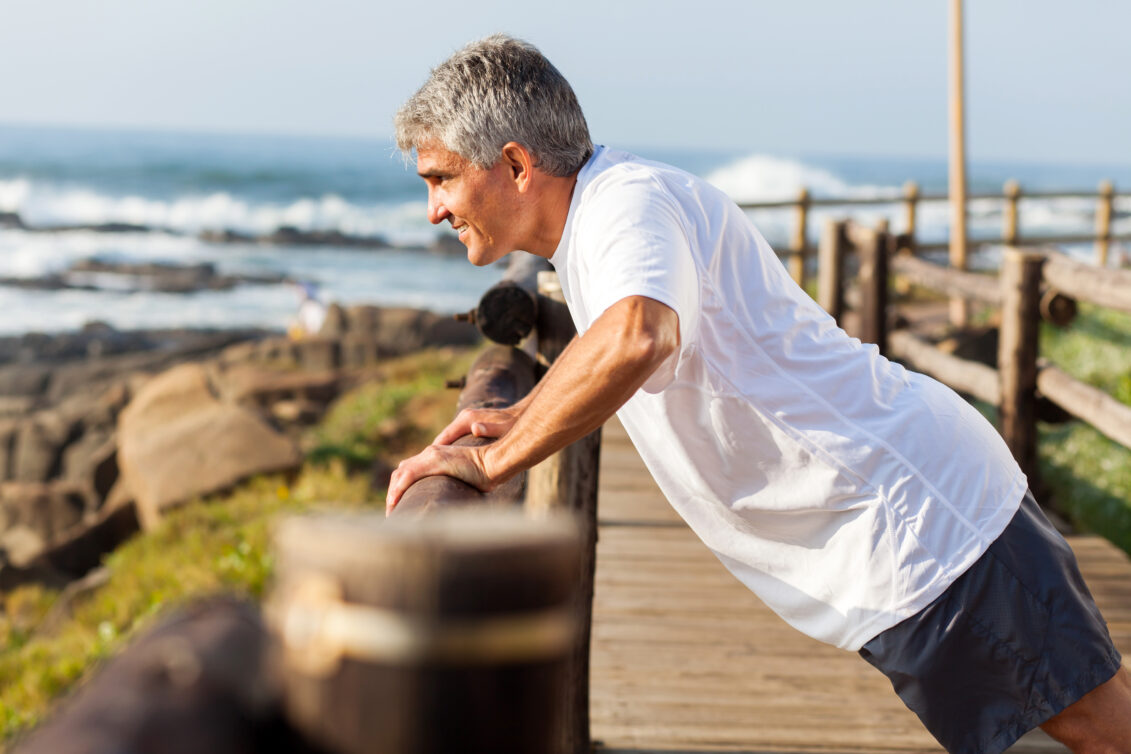

Bladder Pressure: A Sign of BPH
Benign Prostatic Hyperplasia (BPH) causes bladder pressure when the enlarged prostate gland is pressing on the urinary bladder, causing the feeling of needing to urinate, even with small amounts of urine filling the bladder. You may feel bladder pressure constantly, due to the fact that the bladder may lose the ability to empty completely.
When a person feels the urge to urinate, bladder pressure is the cause of it. Bladder pressure is normally felt when the bladder is full and tells the brain you need to urinate. Nerves in your body relay this information but should disappear when you urinate. However, if this feeling of pressure is persistent, or feels like an ache, it can be a sign of several other conditions. In older men, bladder pressure is a common symptom of benign prostatic hyperplasia.
Symptoms of Bladder Pressure
Symptoms of bladder pressure may vary or worsen with BPH. The constant feeling of pressure and the need to urinate can range from uncomfortable to painful. You may also experience pain when the bladder is full, and relief when it is empty. Common symptoms of bladder pressure include:
- The constant feeling/need to urinate
- Pain or ache in the pelvic area
- Aching when bladder is full and relief when empty
- Pain during sex
Causes of Bladder Pressure
Bladder pressure in men can be caused by many conditions. However, one of the most common causes of bladder pressure is an enlarged prostate, or BPH. For men over 50 years old, the probable cause of bladder pressure is BPH. Common causes of bladder pressure include:
- Benign prostatic hyperplasia (BPH)
- Bladder cancer
- Interstitial cystitis
- Urinary tract infection
How Does BPH Cause Bladder Pressure?
Bladder pressure can be an early symptom of BPH. As the prostate gland enlarges, it can squeeze and place pressure on the bladder and the urethra, which is the tube that urine passes through. As the prostate gland gets larger, the bladder wall becomes thicker. Eventually, the bladder may become weaker and lose the ability to empty completely, making it difficult to urinate. Later on, the feeling of having to go becomes constant and may be associated with pain as the urethra can only pass small amounts of urine, and the bladder never completely empties. Although you may feel like you have to go, nothing comes out.

How to Relieve Bladder Pressure
Once you have a diagnosis for your bladder pressure, your physician may suggest lifestyle changes to minimize symptoms while you consider your treatment options. Changes in your diet and physical activity can reduce symptoms. If your bladder pressure worsens, a prostate specialist may determine that the pressure is caused by BPH and review your treatment choices. Treatment may vary from medication to minimally invasive procedures, such as Prostate Artery Embolization (PAE).
Lifestyle Changes
Changes in your lifestyle can help you manage symptoms of bladder pressure caused by BPH. Lifestyle changes may include eating a healthier diet low in red meat and dairy products and limiting beverages with caffeine and foods like soup that increase your fluid intake and urine production. Getting regular physical activity and reducing stress can also help manage bladder pressure.
PAE: Minimally Invasive Prostate Treatment
Prostate Artery Embolization (PAE) is an innovative minimally invasive-image guided procedure for BPH. It is a same-day procedure that has minimal side effects and a quicker recovery time. During PAE, a catheter is inserted through a small incision in the groin and placed in an artery that supplies blood flow to the prostate. Tiny particles are injected into the artery to block blood flow. After the procedure, your prostate shrinks, improving urination and relieving bladder pressure.

What to Expect from Prostate Artery Embolization
Frequently Asked Questions About Bladder Pressure
Bladder pressure is the force exerted by the contents of your bladder against its walls. It’s a normal sensation you feel when your bladder starts to fill up with urine, urging you to go to the bathroom. However, persistent or intense bladder pressure can indicate underlying health issues beyond just needing to urinate.
Bladder pressure can feel like fullness, tightness, or pressure in the lower abdomen, pelvis, or pubic area. It can also be accompanied by a strong urge to urinate.
You should consider seeing a doctor about bladder pressure if:
- Persistent Discomfort: If you experience persistent or recurrent bladder pressure that doesn’t resolve on its own.
- Pain or Burning Sensation: If you feel pain or a burning sensation during urination, it could be indicative of a urinary tract infection.
- Changes in Urinary Habits: Any significant changes in urination patterns, such as increased frequency, urgency, or difficulty, may warrant medical attention.
- Blood in Urine: If you notice blood in your urine, it’s crucial to see a doctor promptly.
- Accompanying Symptoms: If bladder pressure is accompanied by other concerning symptoms like a fever, lower back pain, or abdominal pain.
- Persistent Symptoms: If symptoms persist or worsen despite home remedies or over-the-counter treatments.
Our Prostate Specialists
At American Prostate Centers, we pride ourselves on having the best of the best prostate specialists and interventional radiologists in New York City. Our affiliated physicians utilize the latest technology to deliver high-quality outcomes for men suffering from a large prostate due to BPH.



